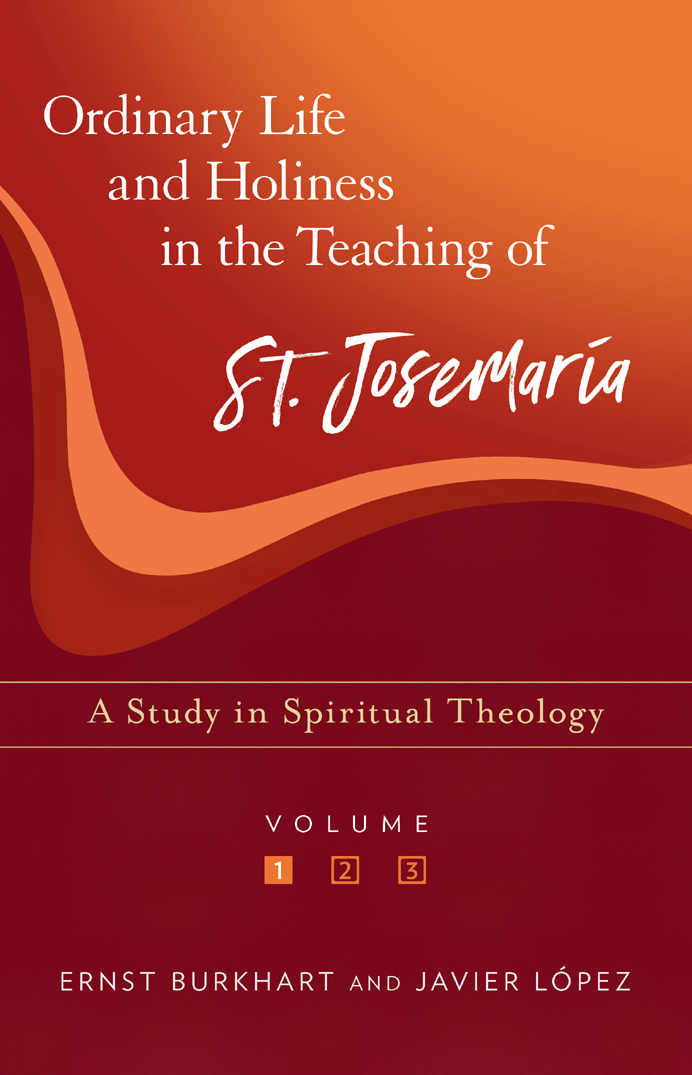

This is a translation of Vida cotidiana y santidad en la enseanza de San Josemara: Estudio de teologa espiritual, Volumen 1, copyright 2011 Ernst Burkhart and Javier Lpez, Ediciones Rialp, S.A., Madrid, Spain.
English translation, copyright 2017 Scepter Publishers, Inc. with permission from Studium Foundation, Madrid.
The total or partial reproduction of this book is not permitted, nor its informatic treatment, or the transmission of any form or by any means, either electronic, mechanic, photocopy, or other methods without the prior written permission of the owners of the copyright.
Scripture texts from the New and Old Testaments are taken from The Holy Bible Revised Standard Catholic Edition 1965 and 1966 by the Division of Christian Education of the National Council of the Churches of Christ in the United States. All rights reserved. All copyrighted material is used by permission of the copyright owner. No part of it may be reproduced without permission in writing from the copyright owner.
Published by Scepter Publishers, Inc.
www.scepterpublishers.org
800-322-8773
New York
All rights reserved.
Translated by Javier del Castillo
Text and cover design by Rose Design
Library of Congress Cataloging-in-Publication Data
Names: Burkhart, Ernst, 1945 author. |Lpez, Javier, 1949 author.
Title: Ordinary life and holiness in the teaching of St. Josemara: a study in spiritual theology / Ernst Burkhart and Javier Lopez.
Other titles: Vida cotidiana y santidad en la ensenanza de San Josemaria. English
Description: New York : Scepter Publishers, 2017 | Includes bibliographical references and index. | Description based on print version record and CIP data provided by publisher; resource not viewed.
Identifiers: LCCN 2017034224 (print) | LCCN 2017038493 (ebook) | ISBN 9781594172885 (eBook) | ISBN 9781594172878 (pbk. : alk. paper)
Subjects: LCSH: Escriv de Balaguer, Josemara, Saint, 19021975Influence. | Opus Dei (Society) | Christian life.
Classification: LCC BX4705.E676 (ebook) | LCC BX4705.E676 B8713 2017 (print) | DDC 267/.182092dc23
LC record available at https://lccn.loc.gov/2017034224
ISBN: 9781594172878 (pbk.)
ISBN: 9781594172885 (eBook)
Printed in the United States of America
CONTENTS


AAS: | Acta Apostolicae Sedis |
ASS: | Acta Sanctae Sedis |
AGP: | General Archive of the Prelature of Opus Dei |
CCC: | Catechism of the Catholic Church |
CIC: | Codex Iuris Canonici (Code of Canon Law) |
DS: | H. DenzingerA. Schnmetzer (eds.), Enchiridion symbolorum definitionum et declarationum de rebus fidei et morum, Herder 1976 |
PG: | J.P. Migne (ed.), Patrologiae Cursus completus. Series Graeca, Paris 18571886 |
PL: | J.P. Migne (ed.), Patrologiae Cursus completus. Series Latina, Paris 18441890 |
P01, P02, etc.: | Collection of printed documents from sections of AGP |

O n October 6, 2002, before a vast crowd of people from all continents gathered in St. Peters Square, Pope John Paul II proclaimed the sanctity of Josemara Escriv, the founder of Opus Dei. The following day, in an address given to those who had attended Monsignor Escrivs canonization, the Roman Pontiff summed up the historical significance of the new saint with these words: St. Josemara was chosen by the Lord to announce the universal call to holiness and to point out that daily life and ordinary activities are a path to holiness. One could say that he was the saint of the ordinary.
With the title, saint of the ordinary, the Holy Father reminded his listeners of the mission to which St. Josemara had generously dedicated his life, bringing to the world a truth that is at once simple and transcendent: that everyone is called to holiness and that it is possible to attain sanctity in and through ordinary life. St. Josemara expressed this in the following way:
We have come to say, with the humility that comes from knowing ourselves to be sinners and of little worthhomo peccator sum (Luke 5:8), we say with Peterbut with the faith that comes from letting ourselves be led by Gods hand, that sanctity is not just for the privileged few. God calls all of us, he expects love from us all; from everyone, wherever we may be; from everyone, in whatever situation, profession or job. For our normal, ordinary life, apparently unimportant, can be a path to holiness. There is no need to abandon our place in the world to seek God, if our Lord hasnt given us a vocation to the religious life. All the paths of the earth can be an occasion for an encounter with Christ.
The Purpose of this Study
The universal call to holiness is a truth that originates in the doctrinal patrimony of the Church, and it was clearly proclaimed by the Second Vatican Council. St. Josemara is among the authors who anticipated and prepared for this solemn proclamation. As a matter of fact, Pope Paul VI declared that this is the most characteristic element of the entire conciliar teaching and could be called its ultimate end. St. Josemara offers a spirit of sanctification in the middle of the world that applies to all aspects of life. Given the unity of his message, more than speaking about the teachings of St. Josemara, we will frequently refer to his teaching in the singular. The purpose of this book is, in fact, to expound that teaching in a theological manner.
In order to better clarify this objective, we must refer to a key datenamely, October 2, 1928, when the message of St. Josemara and the institution he founded, Opus Dei, have their origin. At that time he was just a twenty-six-year-old priest. While making a retreat in Madrid, God suddenly made him see the immense panorama of sanctification in the middle of the world that he was called to disseminate with a specific spirit. As he put it himself: It was then that Opus Dei came into the world.
Both realities, the spirit he received (or the message that he preached) and the institution he founded, are intrinsically united, and yet they can be distinguished in a theological study. Here we are concerned only with the spirit and not with the institution per se. Therefore, we will not speak about Opus Dei, its life and organization, nor its juridical configuration as a personal prelature. For these matters we refer the reader to other sources.
The present investigation originated as lecture courses taught at the Pontifical University of the Holy Cross, among other venues. As was the case with those courses, so too this study is addressed to readers interested in a deeper theological understanding of the teaching of St. Josemara, whether they are familiar with Opus Dei or not. If in the texts that we will be quoting there is frequent mention of Opus Dei, it is not because these quotations apply only to its members (except when referring to specific aspects of the institution as such). We will use them because St. Josemara ordinarily addressed the faithful of Opus Dei when he was preaching or writing. But since they are ordinary Christians, what he says to them is also said to everyone who wishes to seek holiness in the middle of the world. Pedro Rodrguez, the author of the critical-historical edition of

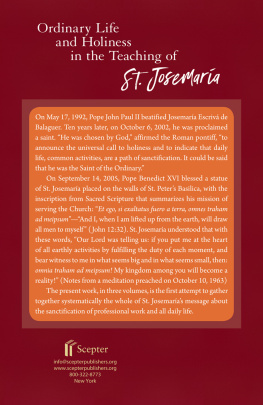
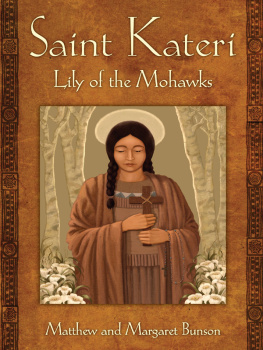
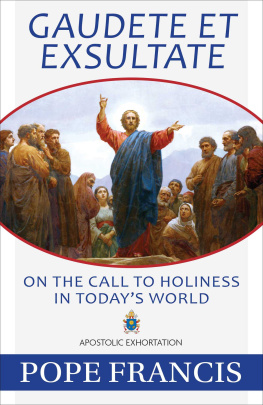
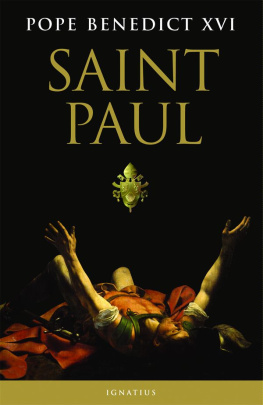
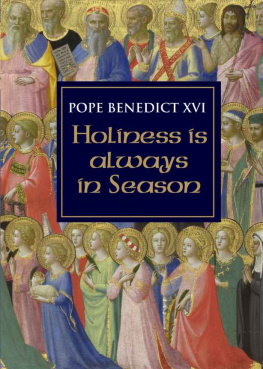
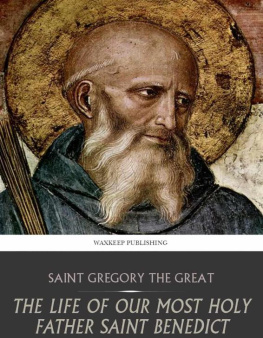
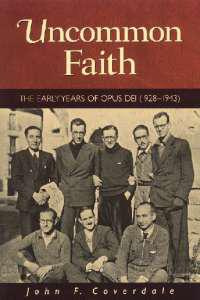
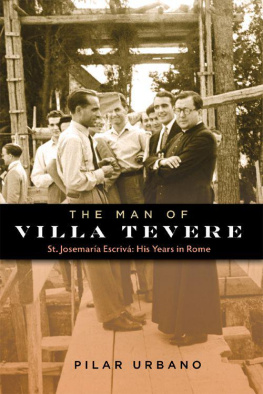
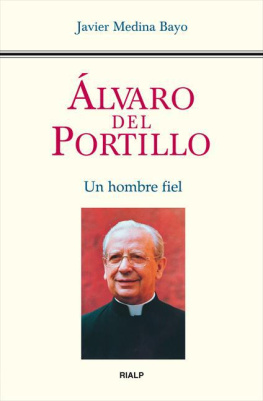

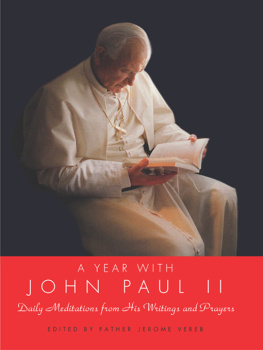
![Scott Hahn [Inconnu(e)] - Scripture Matters: Essays on Reading the Bible From the Heart of the Church](/uploads/posts/book/134760/thumbs/scott-hahn-inconnu-e-scripture-matters-essays.jpg)
![Scott Hahn [Inconnu(e)] - Ordinary Work, Extraordinary Grace: My Spiritual Journey in Opus Dei](/uploads/posts/book/134758/thumbs/scott-hahn-inconnu-e-ordinary-work.jpg)
